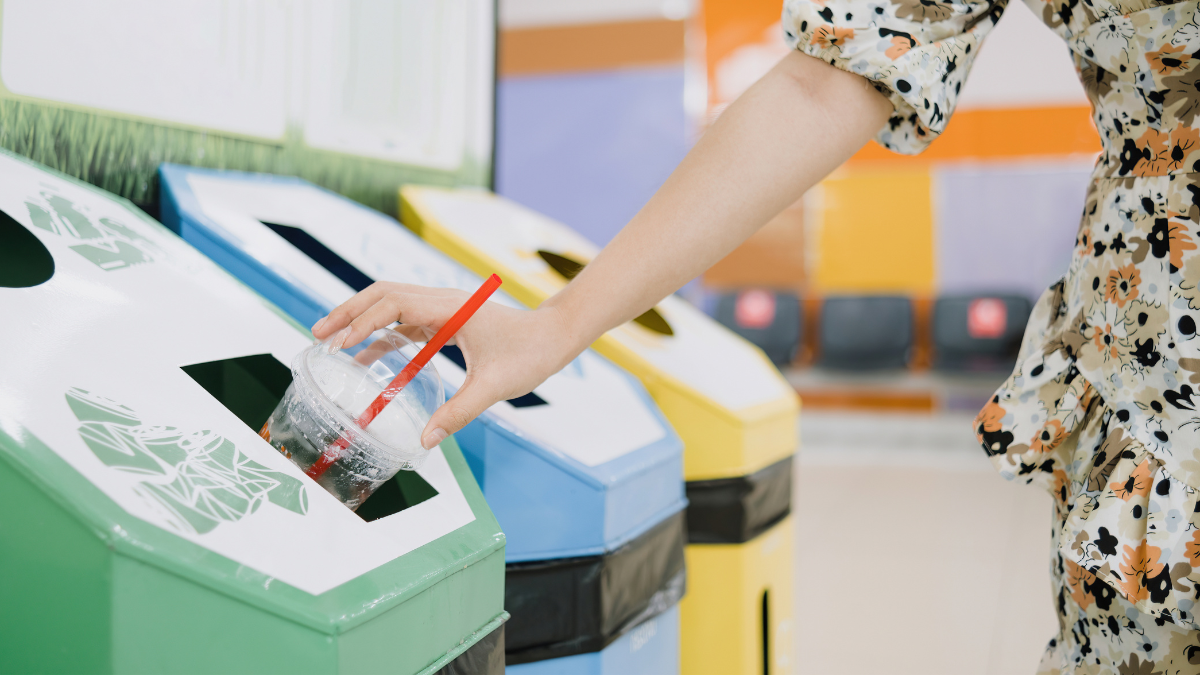No products in the basket.
Make plastic packaging less confusing, scientists warn
Posted onIf you want people to recycle compostable plastics appropriately, they need more help understanding how to do it. That is one of the conclusions of a new study of university campuses on both sides of the Atlantic, carried out by scientists at the University of Surrey and Imperial College London.
Dr Zoe M Harris, Senior Lecturer at the Centre for Environment and Sustainability, University of Surrey, and co-author of the study, said: “The vast majority of our plastic waste goes to landfill, or worse, into nature. Meanwhile, recycling plastic at home can be challenging. One solution has been to develop compostable plastics, which, when certified, may be biodegraded alongside our food waste and turned into compost.
“Yet that only works if people place compostable plastics in the appropriate bin. Our study suggests that many simply don’t.”
Certified industrially compostable plastics have been designed and tested to break down under conditions found in industrial composting.
To study why some people recycle these plastics appropriately while others do not, the team surveyed communities at Imperial College London and the University of California, Davis.
They studied the recycling systems on both campuses, carrying out focus groups and surveys to identify the factors that could influence disposal practices. They then applied a method called network analysis, which maps the relations between factors and disposal practices to investigate which factors might be most influential.
The scientists found that the more knowledgeable about biodegradable plastics and recycling a person was, the more likely they were to dispose of biodegradable plastics alongside food waste.
While knowledge was important, having access to the right infrastructure was essential. Participants at the University of California, who had more access to a food waste bin (78% vs 57%) than their counterparts at Imperial College London, were, in turn, significantly more likely to recycle their biodegradable plastics in that bin (71% vs 45%).
Dr Sarah Kakadellis, postdoctoral researcher at the Department of Food Science at University of California, Davis, and lead author of the study, said: “If we want biodegradable plastic alternatives to deliver on their sustainability potential, we need to understand how and where they are used. Providing the appropriate waste collection and treatment infrastructure is essential to close the loop.
“But we also need to make sure consumers can easily tell the difference between which plastics they can put in the food waste bin and those they cannot. The terminology around biodegradable plastics can be truly misleading — stricter labelling rules and stronger producer responsibility are needed.”




 Tiếng Việt
Tiếng Việt